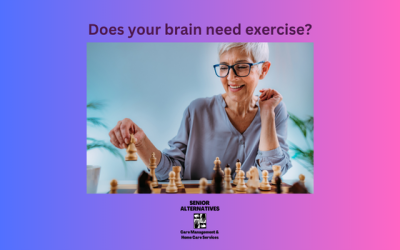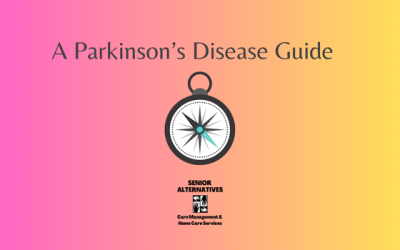June 6, 2019

FACTS:
• Almost twice as many men die from heart disease as women
• Significantly more men than women die of most cancers
• Of the 90 million-plus older persons alive today, 80% are women
• Overall, men have less healthy lifestyles and see the MD only half as much as women
• Men are at higher risk of death in every age group
• Accidents and suicide are especially prevalent among men between 15 and 24-years old
• Interestingly, dementia rates in aging adults, for both Alzheimer’s disease and other dementias, does not differ between men and women until after around age 80-85, depending on the type of dementia
MOST IMPORTANT FACT:
See your physician on a yearly basis and follow the advice as prescribed. That increases the likelihood of addressing an underlying health issue early on and just might just save your life.
The following checklist provides you with the information needed to help maintain men’s overall health and well-being. Please share this with the men you know and help change this vicious cycle of sickness, disability, and death.
Checklist:
Physical Exam Every 1-2 years
Blood tests* and urinalysis Every year
Tetanus booster Every 5 years
EKG Baseline at 30, then every few years
Rectal exam Yearly
Colonoscopy Every 5-10 years unless otherwise indicated
Testicular self-exam Every few months
*PSA blood tests (for prostate cancer screening) are no longer used regularly by many physicians, but some practitioners believe in their accuracy. Talk to your physician regarding how to best monitor prostate health.
Certain factors, such as heredity, are beyond our control – but habits are changeable. Studies show that proper diet and exercise are keys to long-term health and successful aging, and a history of physical exercise is repeatedly cited as the primary correlation for prevention of Alzheimer’s and other dementias.
Health and well-being should be everyone’s primary goal, and for the month of June we at Senior Alternatives are focusing on men!
The month of June is dedicated to enriching men’s health and wellness through a wide variety of national screening and educational campaigns.
Related Articles
Boost Cognitive Function Through Brain Exercises
Just like the rest of your body, your brain changes and adapts over time. Through a concept known as neuroplasticity, your brain can form new connections, strengthen existing ones, and even recover lost abilities. Regular mental exercises can have a significant impact on your brain health. Read on to know more…
Why People in Blue Zones Thrive and Live Longer
Blue Zones are regions where people live longer, healthier lives compared to the global average. These areas have been studied extensively to find common denominators and answers about what makes these places unique. One of the key components of these lifestyles is community engagement, or having a strong sense of belonging and support from others. Read on to know more about Blue Zones and how we can duplicate their lifestyle and best practices.
Understanding Parkinson’s Disease
April is Parkinson’s disease awareness month, with that in mind we put together a blog





